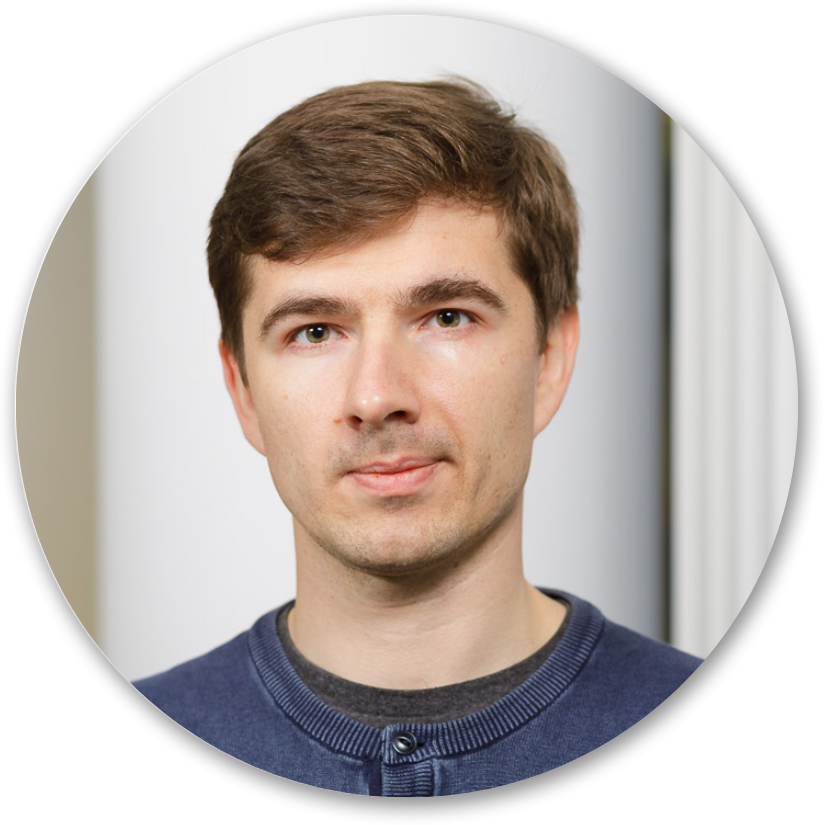About the Webinar:
Ependymoma is a childhood central nervous system tumor type occurring in the brain and spinal cord. Two particularly aggressive molecular groups associated with poor prognosis include the ZFTA-fusion driven group (ZFTA) and the posterior fossa ependymoma group A (PFA). Despite recent progress in understanding the underlying molecular mechanisms, effective targeting of these groups for treatment remains challenging, creating a great need for innovative therapeutic approaches.
In this webinar, learn how leading pediatric cancer researchers at KiTZ and UCSD uncovered tumor-dependency genes, structural variants, and pathways to better characterize the ependymoma 3D genomic landscape and provide new insights into potential therapeutic targets.
Key Takeaways:
- Discover how 3D genomics techniques uncover novel insights into the molecular properties of aggressive ependymoma brain tumor subgroups
- Explore the critical associations and distinct chromosomal features, including neo-TADs and loops, in ZFTA and PFA ependymoma subgroups
- Learn about the discovery of unique chromosomal loops that led to the identification of new candidate target genes
Meet the Speakers:

Joy Yao
Director of Research Services, On Market Support, & Lab Operations, Arima GenomicsJoy leads Arima's service team, responsible for managing customer projects and overseeing laboratory operations across the research and development, operations, and quality control departments. In addition, she spearheads Arima's on-market support initiatives, focusing on improving product performance and user experience for existing products. She received her bachelor's degree from the University of San Diego, California (UCSD).

Konstantin Okonechnikov, PhD
Postdoctoral Researcher, Hopp Children's Cancer Center Heidelberg (KiTZ)Konstantin received his PhD in Bioinformatics at the Max Planck Institute for Infection Biology in Berlin, where he specialized in developing widely used bioinformatics tools for high-throughput sequencing data analysis. He is currently a Senior Postdoctoral Researcher at the Hopp Children's Cancer Center Heidelberg (KiTZ) within the Pediatric Neuro-Oncology Department. Konstantin's primary research focus is the analysis of massive multi-omics data, with a specific emphasis on identifying potential medical targets for the treatment of childhood brain tumors.
